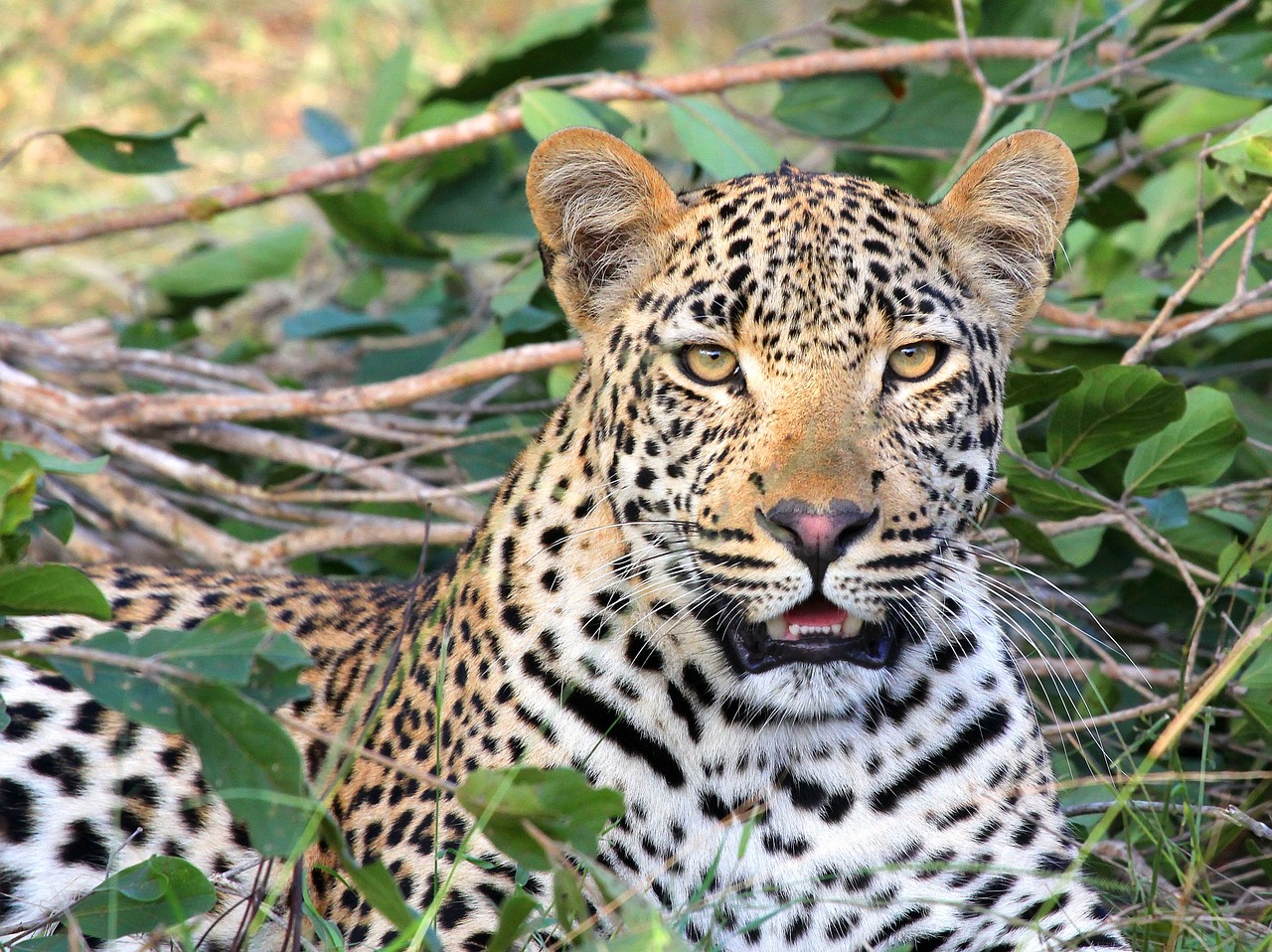
Zoo keepers provide care for a variety of exotic animal species that are housed in zoo exhibits.
Duties
Zoo keepers are skilled animal caretakers that are responsible for maintaining the health of all animals under their supervision. This generally involves habitat maintenance, feeding, monitoring changes in behavior, assisting veterinarians or vet techs with procedures, giving medication, updating records, educating zoo visitors, assisting with captive breeding programs, and providing care for young animals in the event that they must be separated from their parents.
Working as a zoo keeper can be a high risk job as it often involves direct interaction with wild animals. This is also a position that requires hard physical labor and endurance. While some keepers work in an indoor setting (particularly those working with reptiles or insects), most will be outdoors and face exposure to extreme temperatures and all sorts of weather conditions. Additionally, keepers must be able to work a flexible schedule that could include nights, weekends, and holidays.
Employment Options
Zoo keepers can specialize by working with one specific category of animals (such as parrots or big cats), or they may specialize even further by working with one specific species (like elephants).
Zoo keepers may also specialize in educational roles, since most zoos offer programs to promote conservation and teach the public about exotic species. In some instances keepers may perform live shows with specially selected animals. Keepers may also focus on managing camps for school age children, giving behind the scenes tours, or developing educational programs.
Over time some keepers move up into more supervisory positions (such as curator) or into administrative roles (such as registrar).
Education, Training, and Certification
It is not an absolute requirement for a zoo keeper to have a degree, but it has become increasingly difficult to enter this industry without one due to the high level of interest in working with exotic species. Most zoo keepers have a degree in an animal related field such as zoology, biology, animal science, or veterinary technology. Most zoos will be happy with an Associate’s degree, though some candidates seek four year Bachelor’s degrees. No matter what degree an aspiring zoo keeper achieves, it is helpful if they gain a good working knowledge of anatomy, physiology, reproduction, and behavior during the course of their studies.
There are several programs that are specifically geared toward educating zoo professionals, but two of the best known are offered by Moorpark College (in California) and Santa Fe College (in Florida). Moorpark College offers an Exotic Animal Training Program that requires 22 months to complete. Students work at the zoo, attend formal classes, and have the opportunity to earn specialty certifications in addition to the Associate of Science degree. About 50 students graduate from Moorpark each year. Florida’s Santa Fe College offers a Zoo Animal Technology Program that requires 2 years to complete. Students at SFC work in the school’s teaching zoo for more than 1900 hours while completing their Associate of Science degree. About 60 students graduate annually from this program.
Most zoos also require applicants for zoo keeper roles to have significant practical experience working with animals in a hands-on capacity. Relevant experience to meet this requirement may be gained at other zoos, aquariums, wildlife rehabilitation facilities, veterinary hospitals, or equine facilities.
Salary Range
It is true that zoo keepers make relatively low salaries in exchange for their labor intensive duties. The Bureau of Labor Statistics unfortunately does not separate out salary information for the specific career of zoo keeper but they do include this career path in the more general category of animal caretakers. In the most recent report of 2015, the median salary for an animal caretaker was $21,260 annually ($10.22 per hour).
The websites for Santa Fe College and Moorpark College quoted an average starting salary of $20,000 to $28,000 for their graduates, a range that extends a fair bit higher than the BLS results. An experienced keeper could expect to earn between $30,000 and $40,000 depending on their education, specific experience, and the geographic area where they are working.
Job Prospects
Competition is very keen for positions at the zoo, particularly the keeper role (despite the low pay and long hours). The BLS survey indicated that jobs for animal caretakers will grow faster than the average (about 11 percent) over the next decade, but this can be a bit misleading as it included all animal caretakers and not just zoo keepers. The limited number of zoos and the high level of interest in this career path will continue to make it challenging to obtain a position in the field.
Follow Animal Career Expert on Facebook, Twitter, and Pinterest for the latest articles, photos, and news.

